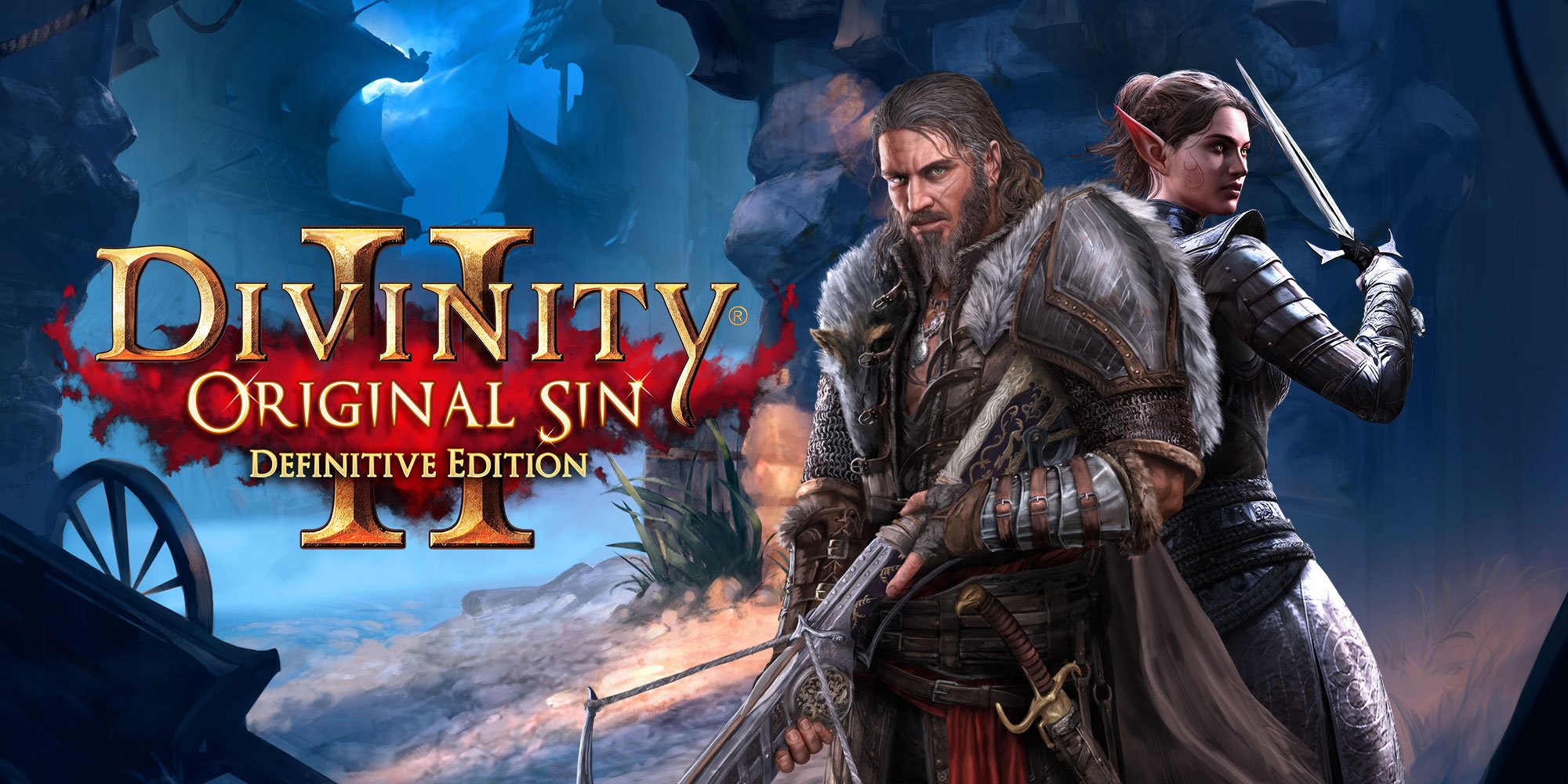Video Game Genres for Marketers
Gaming has evolved far beyond its humble beginnings into a vast and diverse industry, captivating millions of players worldwide. For brands looking to engage with audiences in the gaming space, understanding the multitude of game genres is essential.
Whether you're delving into advertising, sponsorships, or partnerships within the gaming sphere, knowing the nuances of different game genres can make all the difference in reaching your target audience effectively.
































Action: Games emphasizing physical challenges, reflexes, and hand-eye coordination.
Adventure: Games focused on exploration, puzzle-solving, and narrative.
Role-Playing Game (RPG): Games where players control characters in a fictional world, often with a focus on character development and storytelling.
First-Person Shooter (FPS): Games where players experience the action through the eyes of the protagonist and primarily involve shooting enemies.
Third-Person Shooter (TPS): Games where players view the action from behind the character they control.
Platformer: Games where players navigate levels by jumping between platforms and overcoming obstacles.
Strategy: Games where players use tactics and planning to achieve victory.
Simulation: Games that simulate real-world activities or systems.
Sports: Games simulating various sports activities.
Racing: Games centered around competing in races with vehicles.
Fighting: Games where players engage in hand-to-hand combat against opponents.
Horror: Games designed to scare or unsettle players.
Puzzle: Games focused on solving puzzles or challenges.
Rhythm: Games where players interact with music or rhythm-based challenges.
Survival: Games where players must survive in harsh environments, often with resource management and crafting elements.
MMORPG (Massively Multiplayer Online Role-Playing Game): Online RPG where large numbers of players interact in a virtual world.
MOBA (Multiplayer Online Battle Arena): Games featuring teams of players competing against each other in strategic battles.
RTS (Real-Time Strategy): Games where players control units and resources in real-time to defeat opponents.
Tactical RPG: RPGs with a focus on tactical combat and strategy.
Metroidvania: Games characterized by interconnected levels and abilities gating progress.
Sandbox: Games offering open-ended gameplay and player freedom.
Open World: Games with vast, open game worlds for exploration.
Stealth: Games emphasizing avoiding detection and covert actions.
Idle Games: Games where progression occurs even when players are not actively playing.
Educational: Games designed to educate or teach players about specific topics or skills.
Party Game: Multiplayer games designed for social gatherings and fun with friends.
Visual Novel: Games featuring heavy storytelling with limited gameplay mechanics.
Interactive Fiction: Text-based games where players make choices to drive the narrative.
Augmented Reality (AR) Games: Games that overlay digital content onto the real world using AR technology.
Virtual Reality (VR) Games: Games designed to be experienced in virtual reality environments.
Metaverse: Virtual shared spaces where users can interact with a computer-generated environment and other users. (e.g., Decentraland, Roblox)
UGC Platform: User-Generated Content platforms where players can create and share their own games and experiences. (e.g., Roblox, Dreams)

